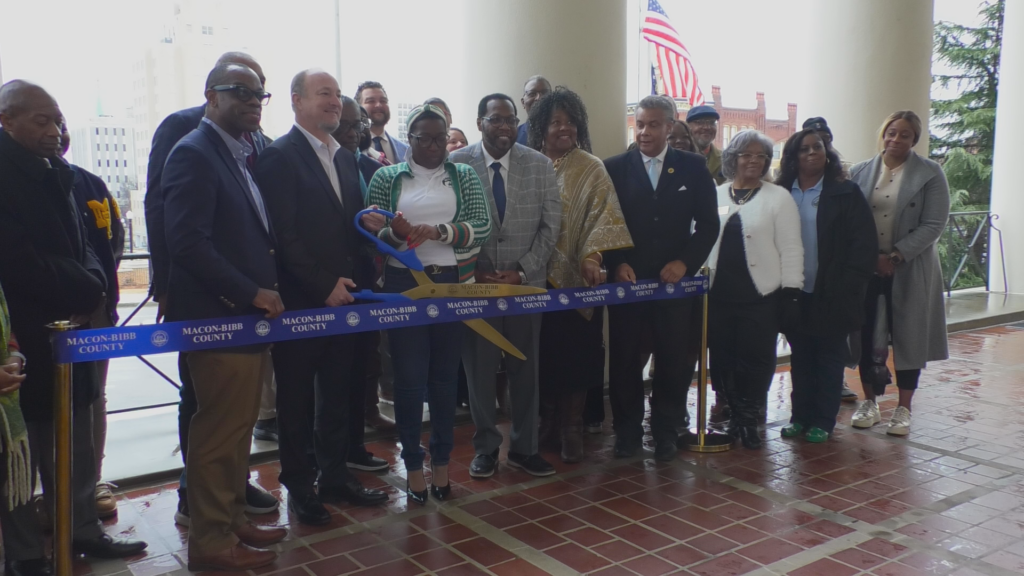Study: Rural Georgians lack access to Alzheimer’s care
A recent study from the University of Georgia College of Pharmacy shows that rural Georgians seeking treatment for Alzheimer's Disease often face commutes north of an hour.

MACON, Georgia (41NBC/WMGT) – A recent study from the University of Georgia College of Pharmacy shows that rural Georgians seeking treatment for Alzheimer’s Disease often face commutes north of an hour.
“It’s really an alarming issue,” said Dr. Niying Li, an Assistant Professor at the College of Pharmacy.
Dr. Li and her peers conducted research about the drug Lecanemab, which was approved in 2023 as a way of slowing down the impact of Alzheimer’s by decreasing amyloid protein buildup in the brain.
“In order to be eligible for the drug, you need to get a diagnosis that you have early-stage Alzheimer’s disease,” Li said. “It only applies to early stage, so this window is very critical.”
That presents a challenge for rural Georgians, as no rural counties have a pet scan facility used to diagnose Alzheimer’s. And the challenges don’t end there.
“A lot of the rural counties, they are also lacking primary care physicians, which is the entry point into referral into the healthcare system,” Li said.
There are 28 Lecanemab infusion centers across Georgia, but most are clustered around metro Atlanta, and only one in a rural county. Some Middle Georgians living in rural counties have to travel more than an hour to reach the doors here at Macon’s Memory Assessment Clinic. That’s why the Middle Georgia Regional Commission Area Agency on Aging works to fill in the gaps.
Mott Smith, Dementia Care Specialist for the Area Agency on Aging, says she’s often connected with patients following their diagnosis at the Memory Assessment Clinic, helping those who wish to stay at home through programs like Meals on Wheels. She says the agency also works to ease the burden on caretakers, by providing education.
“They get information about the brain, about ways to help the person dealing with the disease, how to approach them,” Smith said. And also, for the caregiver, what they need to do help themselves; how to get better sleep, how to rest, what meals to cook, what other agencies locally can help them,” Smith said.
Smith says the hurdles for patients living with Alzheimer’s and the other two forms of dementia can be daunting, which is why she encourages families not to try to tackle it alone.
“Out there in the small towns, there are resources for them. And we help them find those resources. And so, the caregivers are very happy with what we have to offer,” Smith said.
Dr. Li says the opening of the new University of Georgia School of Medicine will work to decrease the statewide physician shortage in the coming years. In the short term, she encourages those in rural areas to take advantage of telehealth services.



